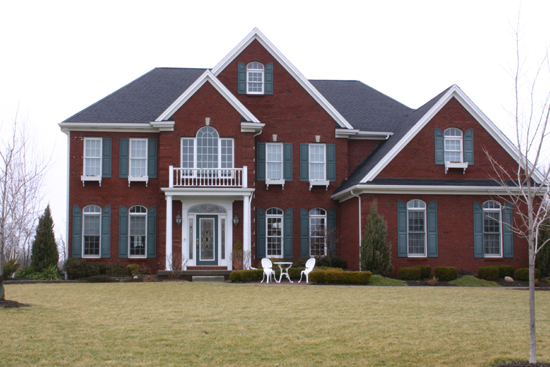Many borrowers believe that when they purchase a property by obtaining mortgage financing, they also own their home. Technically speaking, full ownership on a property only happens once the mortgage loan amount has been paid in full.
To break this down in more detail, there are a few components of a mortgage:
A Promissory Note is a document signed by the borrower acknowledging their commitment to pay the mortgage back with interest in a specific period of time for their home. In addition to the terms of repayment, the Note also contains provisions concerning the rights of both parties involved in the agreement.
In some states, a Deed of Trust is used instead of a Mortgage Note. The main difference is that on a Deed of Trust there is a Trustee, which the legal title is vested to in order to secure the repayment of the loan.
There are three parties involved with a Deed of Trust:
1) Trustor – This is the borrower
2) Trustee – This is the entity that holds “bare or legal” title, and is usually the title company which holds the Power of Sale in the event of default and reconveys the property once the Deed of Trust is paid in full.
3) Beneficiary – This is the lender that is getting repaid
Deeds of Trust are easier for lenders to foreclose on than a mortgage because there is no need for a judicial proceeding.
Mortgages on the other hand, have to go through judicial proceedings, which can be expensive and time consuming.
In summary, until you have your promissory note paid in full, you are not the only one with an ownership interest in your property.
You May Also Like:
- 77
 By including title insurance when purchasing property, your title insurer takes on accountability for legal expenses to defend your property title, should it ever be challenged. Many different occurrences can come into play to warrant the need for title insurance. The title company responsible will then take on the legal…
By including title insurance when purchasing property, your title insurer takes on accountability for legal expenses to defend your property title, should it ever be challenged. Many different occurrences can come into play to warrant the need for title insurance. The title company responsible will then take on the legal… - 75
 Since there are many reasons a homeowner may choose to refinance, we'll take a look at the four most common. 1. Mortgage Rates Drop: Typically, the most common reason that homeowners refinance their mortgage is to secure a lower interest rate. Interest rate and loan amount determines the total cost…
Since there are many reasons a homeowner may choose to refinance, we'll take a look at the four most common. 1. Mortgage Rates Drop: Typically, the most common reason that homeowners refinance their mortgage is to secure a lower interest rate. Interest rate and loan amount determines the total cost… - 72
 Mortgage Insurance, sometimes referred to as Private Mortgage Insurance, is required by lenders on conventional home loans if the borrower is financing more than 80% Loan-To-Value for his home. Private Mortgage Insurance (PMI) is insurance payable to a lender or trustee for a pool of securities that may be required…
Mortgage Insurance, sometimes referred to as Private Mortgage Insurance, is required by lenders on conventional home loans if the borrower is financing more than 80% Loan-To-Value for his home. Private Mortgage Insurance (PMI) is insurance payable to a lender or trustee for a pool of securities that may be required…






